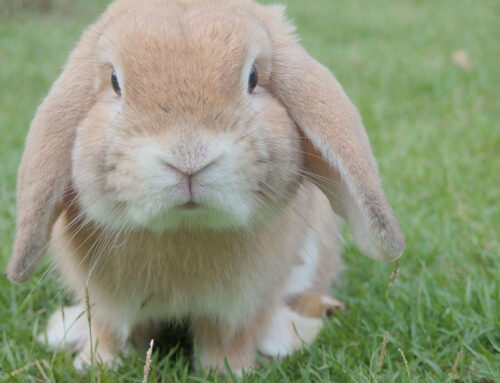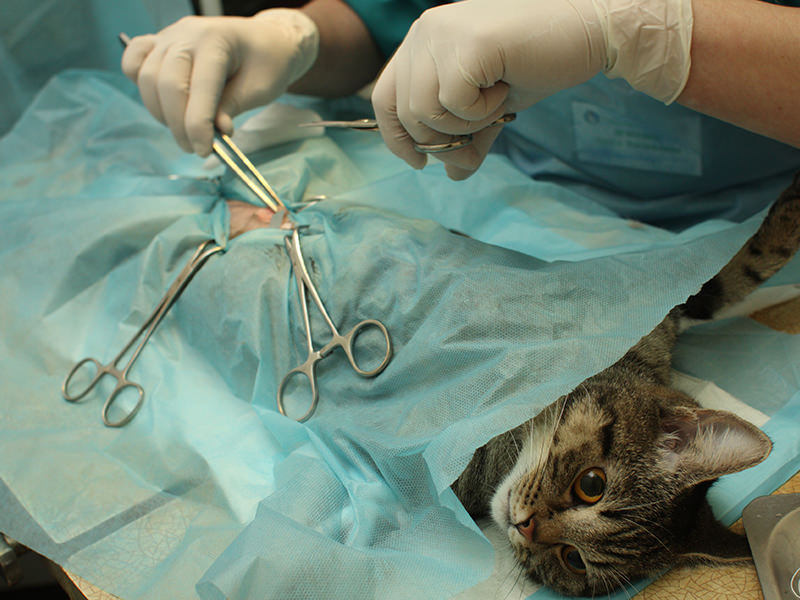
Cats are fascinating creatures, beloved for their grace, independence, and mysterious behaviors. One behavior that often puzzles cat owners is their pet’s seemingly endless capacity for sleep. It’s not uncommon to find your feline friend curled up in a sunny spot, blissfully napping away the hours. But why do cats sleep so much? As a senior vet with years of experience in feline medicine, I’d like to shed some light on this intriguing aspect of cat behavior.
“Cats sleep between 12 to 16 hours a day not out of laziness, but to conserve energy for their innate predatory instincts, even in the comfort of our homes.”
Cats sleep a lot because it’s an integral part of their nature, stemming from their wild ancestors’ need to conserve energy for hunting. Their sleep is also influenced by safety instincts and the comfortable environments we provide for them. As cat owners, we should respect our feline friends’ need for sleep while also being attentive to any changes that might indicate health problems. By understanding and accommodating our cats’ natural behaviors, we can help them lead happy, healthy lives.
Remember, each cat is unique, and what’s normal for one may not be for another. Observing and learning about your own cat’s sleeping habits can provide insights into their health and well-being. If you ever have concerns about your cat’s sleep or overall health, don’t hesitate to reach out to your veterinarian. We’re here to help you and your furry family members enjoy a long, joyous life together.









